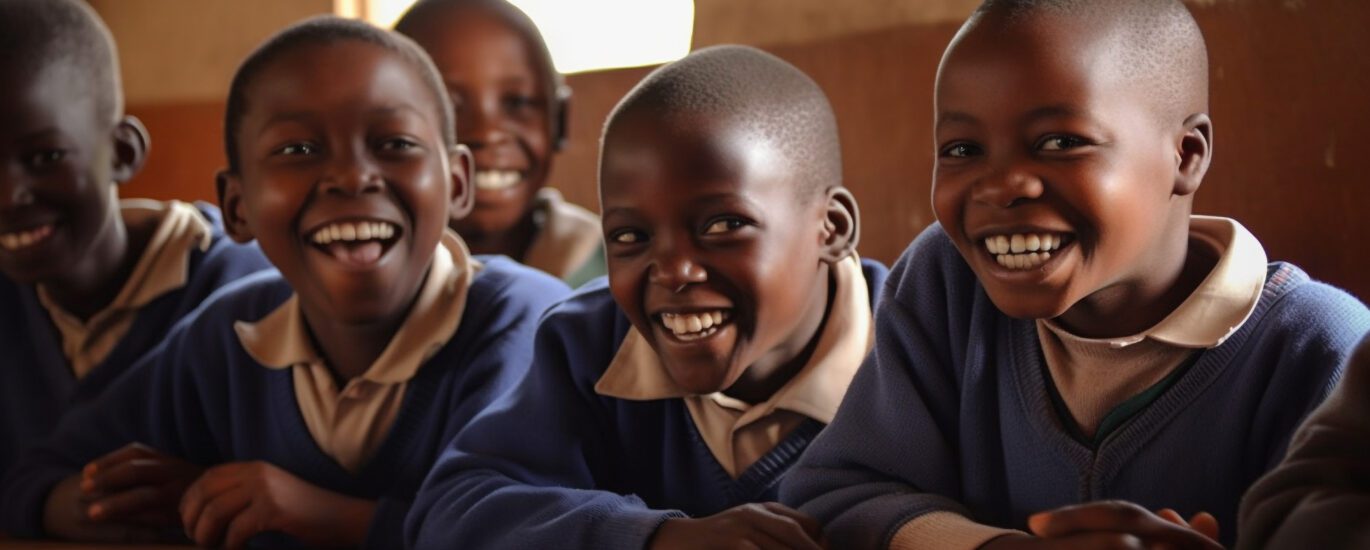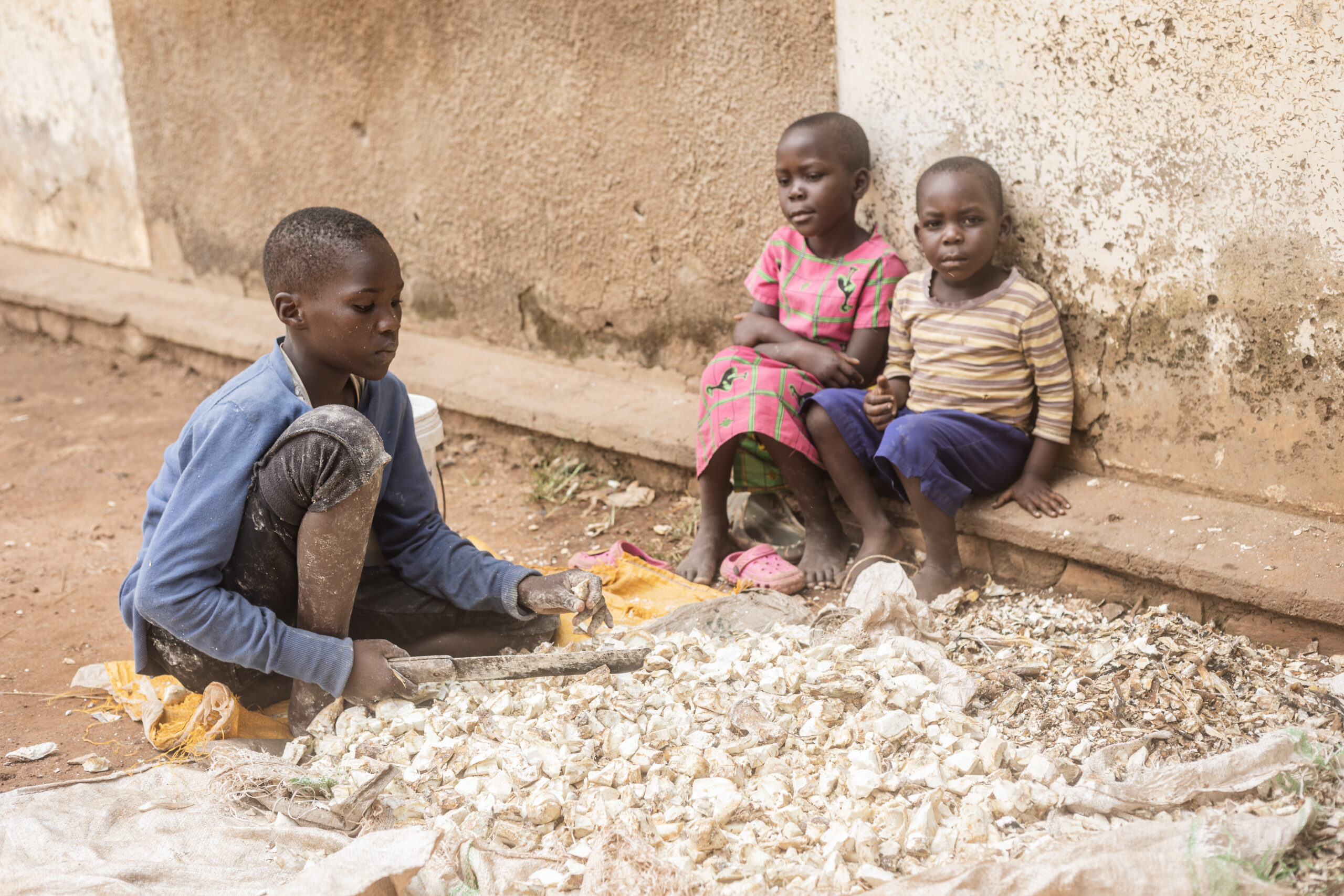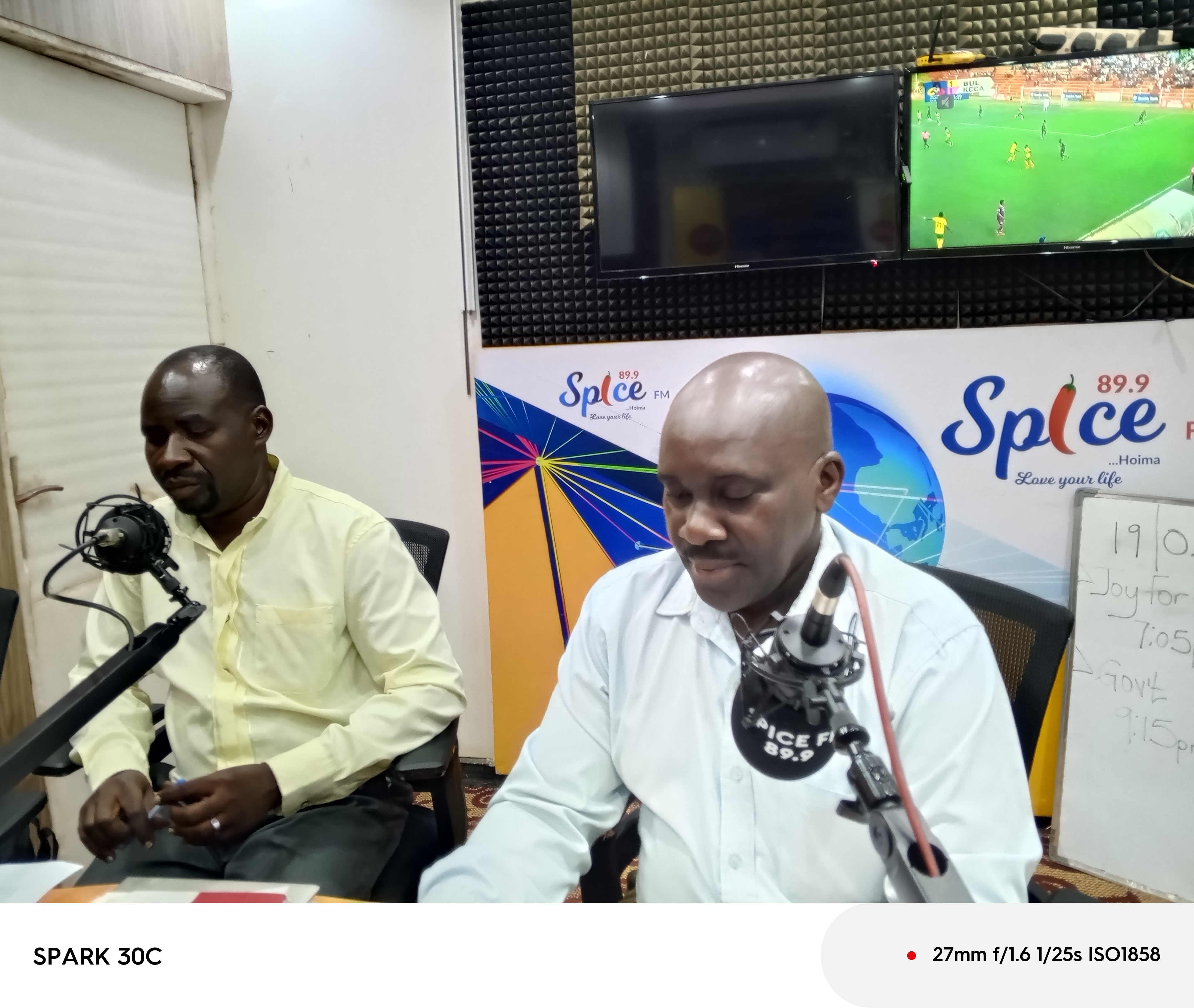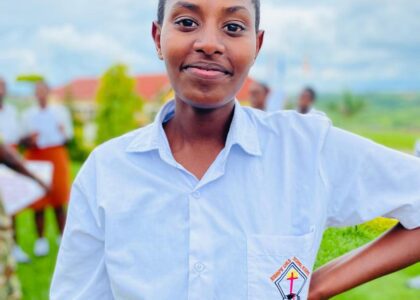Child marriage is a global issue that affects millions of young girls every year. In Uganda, child marriage is a prevalent problem, with 34% of girls getting married before the age of 18. This practice not only robs these young girls of their childhood but also limits their opportunities for education, health, and a bright future. However, there is hope as organizations in Uganda are collectively working towards ending this harmful practice.
One of the main reasons for child marriage in Uganda is poverty. Many families living in rural areas struggle to put food on the table, and marrying off their daughters at a young age is seen as a way to alleviate financial strain. Additionally, cultural and traditional norms also play a significant role in perpetuating child marriage in Ugandan society. However, children in Uganda are taking collective efforts to raise awareness and advocate for an end to this harmful practice.
One of the key organizations leading the charge against child marriage in Uganda is the Girls Not Brides Uganda- National partnership to end child marriage . This coalition of non-governmental organizations, community-based groups, and activists is dedicated to ending child marriage and enabling young girls to reach their full potential. The Alliance works to educate communities about the consequences of child marriage, provide resources and support for at-risk girls, and advocate for policy changes to protect children from early marriage. f the Girls Not Brides Uganda (GNBU) – National Partnership is hosted and chaired by Joy for Children Uganda and World Vision Uganda with a membership of 134 CSOs working at community, district, regional and national level committed to ending child marriage and enabling children live to fulfill their potential.
GNBU has been a key partner to the Uganda government in implementing the National Strategy to End Child Marriages and Teenage Pregnancy i.e. (2014/2015 -2019/2020) and continues to adapt the new strategy i.e. 2022/2023- 2026/2027. It convenes annual girl summit aimed at intensifying policy and legal advocacy to protect girls from child marriage and amplify the urgency for adopting girls’ /children’s rights at community and national level. GNBU intentionally gears towards empowerment of both girls and boys with correct information to enable them recognize child marriage and early pregnancy as a gross violation of their rights, and support them to take mitigating actions.
For five consecutive years, GNBU has organized girl summits which have featured the social drivers that have associated with child marriage. Uganda has vast cultures, religions and tribes in both development and humanitarian settings. Through these summits advocacy platforms are enabled across the various parts of the country to call for an end to child marriage by working with both girls and boys to hold duty bearers accountable in addressing child marriage root causes. These moments convene, high level government officials, ministry departments, faith leaders within the different religious sects, INGOs, NGOs CSOs and the media fraternity as well as the community stakeholders at the grass roots among others.
The summit provides a platform for children to voice their concerns and advocate for their rights, including the right to be protected from early marriage. Through awareness campaigns, lobbying efforts, and grassroots mobilization, the Girl Not Brides Uganda members are working to change societal attitudes and promote the well-being of young girls in Uganda.
The GNBU partnership has taken initiative in mobilizing communities and leaders to have increased social justice seeking behaviours for issues regarding child marriage. Budget advocacy for the child and protection unit across the different districts in Uganda has been placed as a key priority for curbing perpetrators of child marriage but also seeking shelter for the vulnerable girls identified. Traditional and religious leaders have also joined the movement for ending child marriage by conducting community sensitization, promoting gender equality sessions and addressing child marriage as a child violence issue. The Government of Uganda has proceeded with issuing the policies and guidelines for curbing/ending the vise of child marriage.
In addition to organized groups, individual children in Uganda are also taking a stand against child marriage. Through community activism, peer education, and personal advocacy, young boys and girls are raising their voices and speaking out against this harmful practice. By sharing their stories and experiences, they are shedding light on the negative impact of child marriage and calling for change at the grassroots level.
While the fight against child marriage in Uganda is far from over, the collective efforts of children and organizations across the country are making a difference. By raising awareness, advocating for policy changes, and empowering young girls to assert their rights, these efforts are slowly but surely shifting societal attitudes and reducing the prevalence of child marriage. With continued support and dedication, there is hope for a future where all children in Uganda can grow up free from the threat of early marriage and have the opportunity to reach their full potential.






